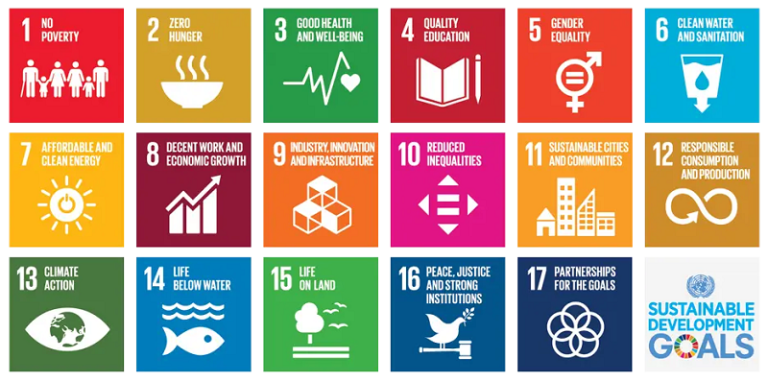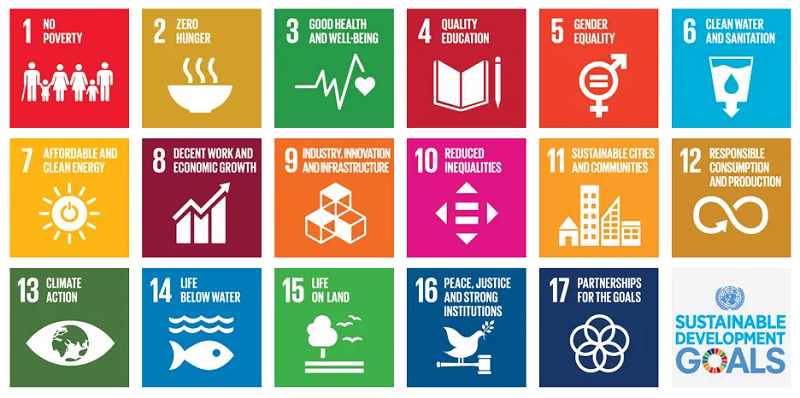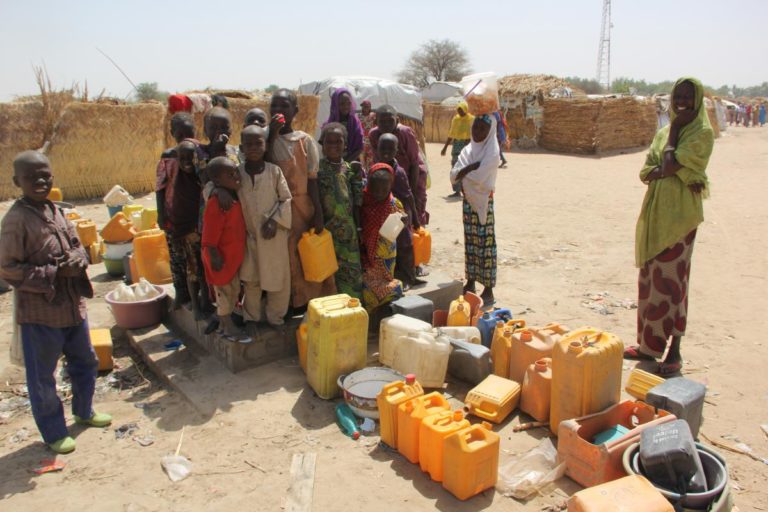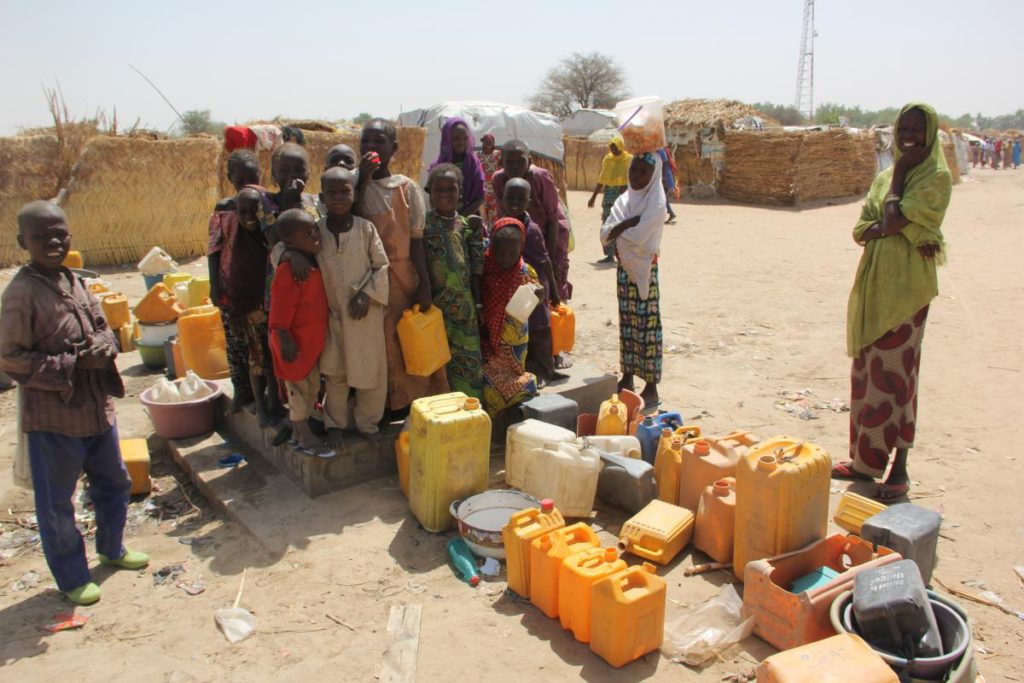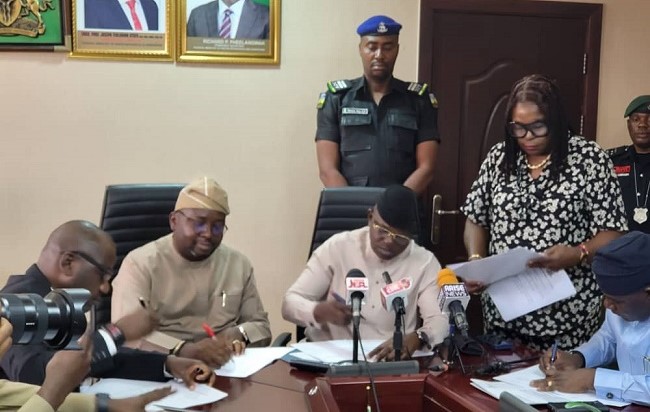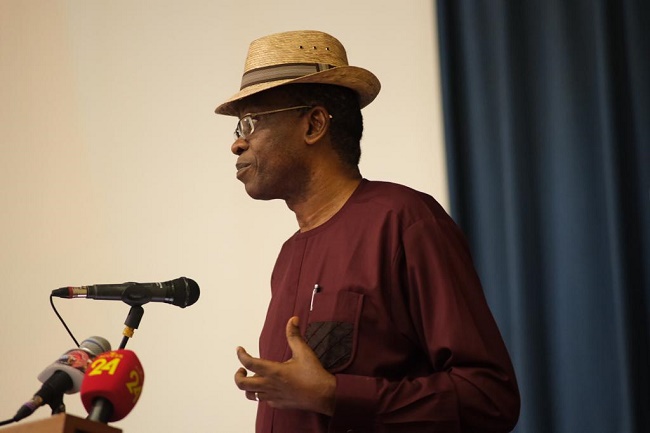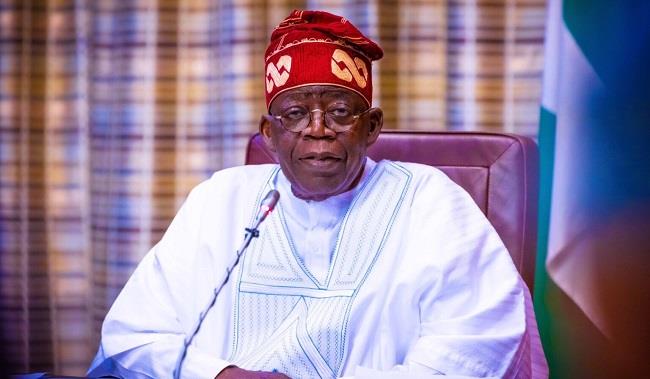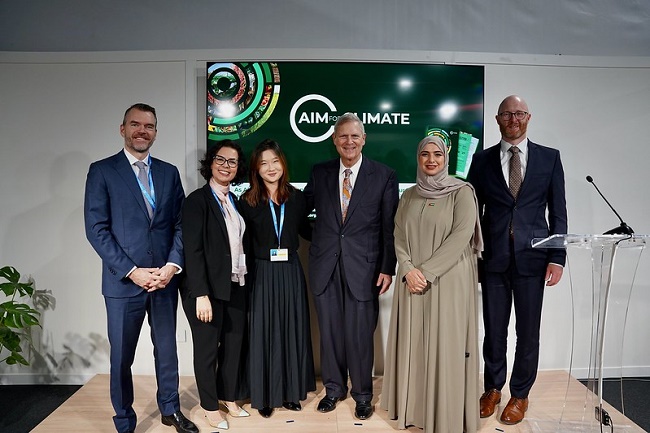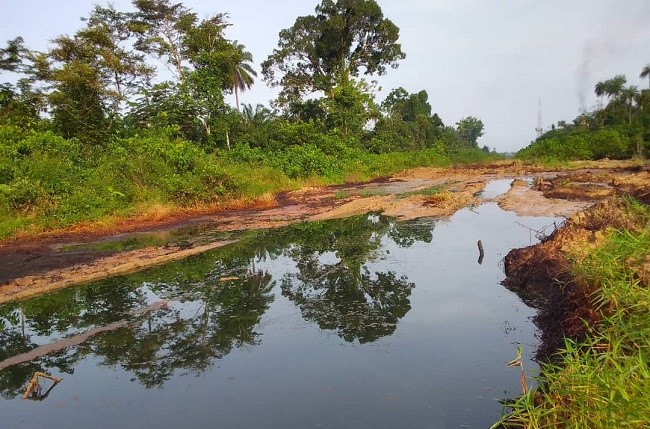A renowned brand manager and ambassador for the Corporate Affairs Commission (CAC), Mr. Michael Nwabufo, has urged the National Assembly to take a decision against Genetically Modified Organisms (GMO) foods in Nigeria.

There have been controversies around the health safety of GMO plants, being propagated by Bill Gates, the American businessman and philanthropist best known for his roles at Microsoft Corporation.
Nwabufo, popularly known as Mike Premium, made the call when he appeared before the House of Representatives on Tuesday, November 26, 2024, over a video production on the danger of GMO foods.
He urged the National Assembly to act decisively to protect Nigerian people and preserve the nation’s sovereignty.
“I stand here today as a patriot and a servant of the people, committed to building a healthier and more self-reliant Nigeria.
“I believe in the resilience of this National Assembly to make decisions that prioritise the welfare of Nigerians.
“I am glad that the House of Representatives are standing by us to kick against Genetically Modified Organism called GMO foods,” Nwabufo said.
He urged the Minister of Agriculture and Food Security, Sen. Abubakar Kyari, to rescind his support for GMO foods in the country.
According to him, the minister cannot take decision of such magnitude that bothers on Nigerians’ wellbeing without recourse to the people and their representatives in the parliaments.
Nwabufo called on the minister to engage in thorough scientific and evidence-based researches in certified laboratories to check the safety of GMO foods in Nigeria, before giving in to the proponents and defending plants.
According to him, some farmers have been brainwashed in Nigeria about GMO seeds.
He said that such people and farmers in their defence of GMO seeds, were saying: “It is better to eat GMO foods and die than not to see food to eat”.
Nwabufo said a lot of Nigerians seemed to be in the dark when it comes to food security.
He added: “Whoever controls our food controls our life forget every other thing and focus. This danger is looming!
“I believe the NASS knows what to do with the information we have brought, I believe in your capacity to end this.
“I want to hit the nail on the head, I believe none us wants to die young.
“With the threat of Genetically Modified Organisms, without any form of contradictions, Bill Gates and his foundation have invested heavily in our agriculture and healthcare sectors, introducing GMOs to Nigeria.”
According to him, for example “Tella maize” created in laboratories, have been banned in several countries, including Russia, Latvia, Luxembourg, Malta, the Netherlands, Poland, Slovenia, and some parts of the UK, such as Scotland, Wales, and Northern Ireland.
He said that some of these nations had taken such steps due to some concerns.
Nwabufo said that such concerns included the fact that “if you plant these seeds in our soil, you won’t be able to replant them again but depend on Bill Gates to always supply nations with his lab-made seeds instead of the one created by God.”
Nwabufo, who noted that GMOs had health risks and environmental impact, among others, urged the NASS to assess and regulate them through conducting thorough research and risk assessments before approving their widespread use in Nigeria.
He called for promotion of transparency in healthcare, investment in local solutions and safeguard of the nation’s biodiversity.
“There are potential dangers to human health, including reduced lifespan and vulnerability to diseases.
“GMOs can harm ecosystems, disrupt biodiversity, and threaten traditional farming practices because their long-term safety remains unproven.
“There is the need to ensure that all healthcare interventions are subjected to rigorous safety checks.
“We must support the development of indigenous agricultural and medicinal practices to reduce reliance on foreign entities.
“We must protect Nigeria’s rich agricultural heritage and natural ecosystems.
“Indigenous crops, which are a critical part of our heritage, are at risk of being overshadowed by lab-engineered alternatives,” Nwabufo said.
According to him, in countries like India and even parts of America, there have been reports linking GMO usage to harmful effects on both people and the environment.
“Bill Gates is a billionaire in dollars, why does he think he can make more money investing in a country like Nigeria at this time if he does not have ulterior motive?
“He has spend millions of dollars pushing this agenda I personal tag population control,” Nwabufo said.
Expressing concerns about Bill Gates interventions in Nigeria’s healthcare, the CAC ambassador said that the nation must critically examine the foundation’s involvement.
He said: “There have been cases where vaccines, such as the polio vaccine, caused unintended harm instead of saving lives.
“While modern medicine has its place, we must ensure transparency and safety in any foreign interventions.
“Our ancestors lived long, healthy lives relying on natural remedies, herbs, and clean water.
“I am not advocating for a complete rejection of modern science, but I believe in preserving and modernising our traditional practices to build a sustainable and healthy future for Nigeria.”
By Mercy Omoike

